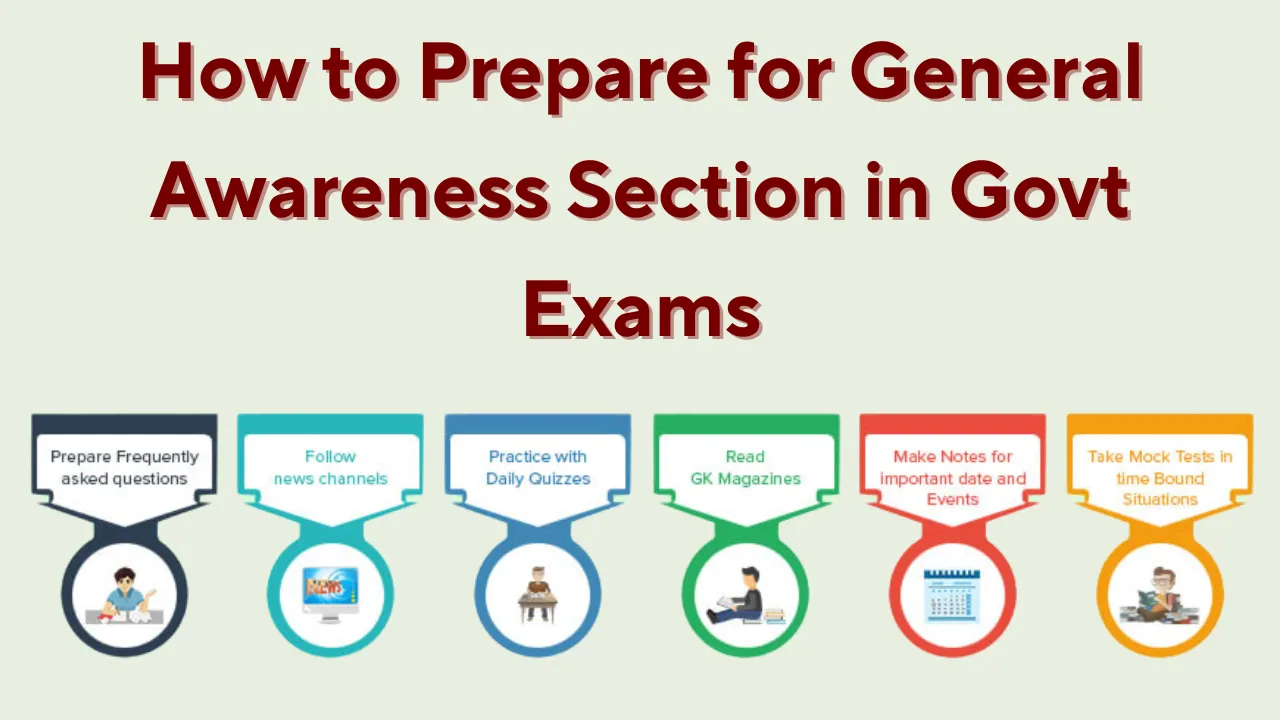Government sector jobs have always been highly sought-after due to their stability, security, and various benefits. However, beyond these advantages, one of the major reasons why many candidates prefer public sector employment is the potential for career growth and promotions in government sector jobs. A well-defined promotion structure, periodic evaluations, and opportunities for skill enhancement make government jobs a promising career path for long-term growth.
In this article, we’ll explore how career progression works in the government sector, the various factors influencing promotions, and how employees can climb the ladder of success over time.
Career Growth and Promotions in Government Sector Jobs
The career growth and promotions in government sector jobs follow a systematic and structured process. Promotions are typically based on a combination of seniority, performance, and departmental exams. Unlike many private sector jobs where promotions may heavily rely on market performance, government jobs provide clear guidelines and timelines, ensuring fairness and transparency.
Overview Table
| Promotion Basis | Description |
| Seniority-Based Promotions | Promotions granted based on years of service and seniority |
| Departmental/Promotional Exams | Exams conducted to assess eligibility for higher positions |
| Performance-Based Evaluations | Appraisals and Annual Confidential Reports (ACRs) influencing promotions |
| Time-Bound Promotions | Automatic promotion after a fixed number of years, subject to performance and conduct |
| Training & Skill Development Programs | Special programs conducted to enhance skills, increasing chances of career advancement |
Promotion Criteria in Government Jobs
In the government sector, promotions are based on a combination of factors:
- Seniority: Length of service plays a key role.
- Performance: Evaluations like Annual Confidential Reports (ACRs) are considered.
- Departmental Exams: Many promotions require clearing promotional exams.
- Training & Skill Development: Participation in training programs may improve chances of advancement.
- Vacancies: Promotions depend on the availability of higher-level posts.
This well-structured system ensures that employees have clarity about their career path.
Seniority-Based Promotions
One of the primary promotion methods in government jobs is seniority-based. Employees are promoted based on the number of years they’ve served in a particular role or grade. For example, in various central and state services, after completing a certain number of years (say, 8-10 years), employees are eligible for promotion to the next higher post.
This system is beneficial because:
- It provides job security and predictability.
- Ensures employees receive recognition for their long-term service.
- Encourages loyalty and dedication to the organization.
Departmental and Promotional Exams
Another key avenue for career growth and promotions in government sector jobs is through departmental or promotional exams. These are internal exams conducted to assess an employee’s knowledge, skills, and readiness to take on higher responsibilities.
For example:
- In banking sectors (IBPS, SBI), clerks and officers can appear for promotional exams to move to managerial positions.
- In administrative services, departmental exams may be required to get promoted to senior ranks.
Clearing these exams often fast-tracks career growth and opens up better pay grades and responsibilities.
Performance Evaluations and Appraisals
While seniority and exams are crucial, performance evaluations also play a significant role. Most government departments maintain Annual Confidential Reports (ACRs) or Performance Appraisals for each employee.
These reports assess:
- Work efficiency and effectiveness
- Conduct and discipline
- Attitude towards work and responsibilities
- Initiative and leadership qualities
A good performance record increases the likelihood of timely promotions and career advancements.
Time-Bound Promotions
In many government departments, time-bound promotions are implemented. This means employees are automatically promoted after completing a specific period, provided their performance and behavior meet the required standards.
For instance:
- In central government services, employees may be eligible for pay upgrades or promotional positions after every 8, 12, or 16 years of service.
- This system ensures steady growth even without appearing for exams, rewarding consistent service and maintaining motivation.
Role of Skill Development and Training
Government organizations often conduct training programs and workshops aimed at enhancing employees’ technical skills, management abilities, and leadership qualities. Participation in these programs not only improves efficiency but also helps employees qualify for higher roles.
Examples include:
- Management Development Programs (MDPs)
- Leadership training in administrative services
- Technical workshops in railways, banking, and public sector undertakings (PSUs)
Active participation in these programs is viewed positively during evaluations and increases promotion chances.
Benefits of Career Growth in Government Sector
Here’s why career growth and promotions in government sector jobs are highly valued:
- Clear Career Path: Promotion policies are well-defined and transparent.
- Job Security: Government jobs offer long-term stability and growth potential.
- Pay Scale Increment: Promotions come with better pay, benefits, and allowances.
- Prestige and Responsibility: Higher positions often bring more respect and challenging responsibilities.
- Pension and Retirement Benefits: Growth leads to better post-retirement benefits.
Frequently Asked Questions
1. How are promotions decided in government sector jobs?
Promotions are based on a combination of seniority, departmental exams, performance evaluations, and availability of vacancies.
2. What are departmental promotional exams?
These are internal exams conducted to assess an employee’s eligibility for higher posts. Clearing them often fast-tracks promotions.
3. Can an employee get promoted without appearing for exams?
Yes, many departments offer seniority-based or time-bound promotions, where employees are promoted after a set period of service.
4. How important is performance in getting promoted?
Performance, measured through ACRs or appraisals, plays a vital role alongside seniority and exams. Poor performance can delay promotions.
5. Are training programs mandatory for career growth?
While not always mandatory, participation in training and development programs enhances skills and increases promotion prospects.
Final Thought
The system of career growth and promotions in government sector jobs is structured to ensure fairness, transparency, and long-term career satisfaction. Whether through seniority, exams, or consistent performance, every employee has opportunities to progress steadily. If you’re aiming for a stable career with clear growth prospects, the government sector is one of the best options.
If you have any more questions or would like to share your experiences regarding career growth in government jobs, feel free to comment below! Explore more career-related articles to stay informed and prepared.







